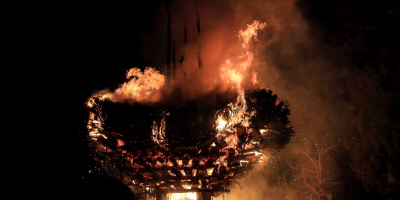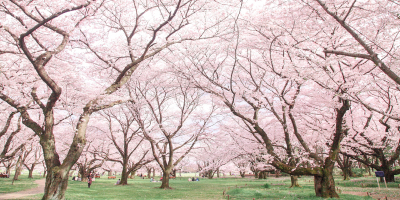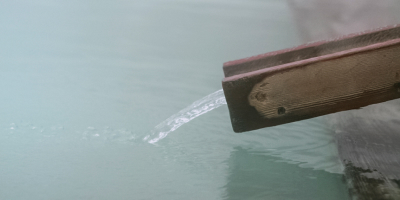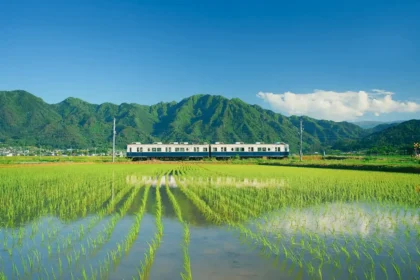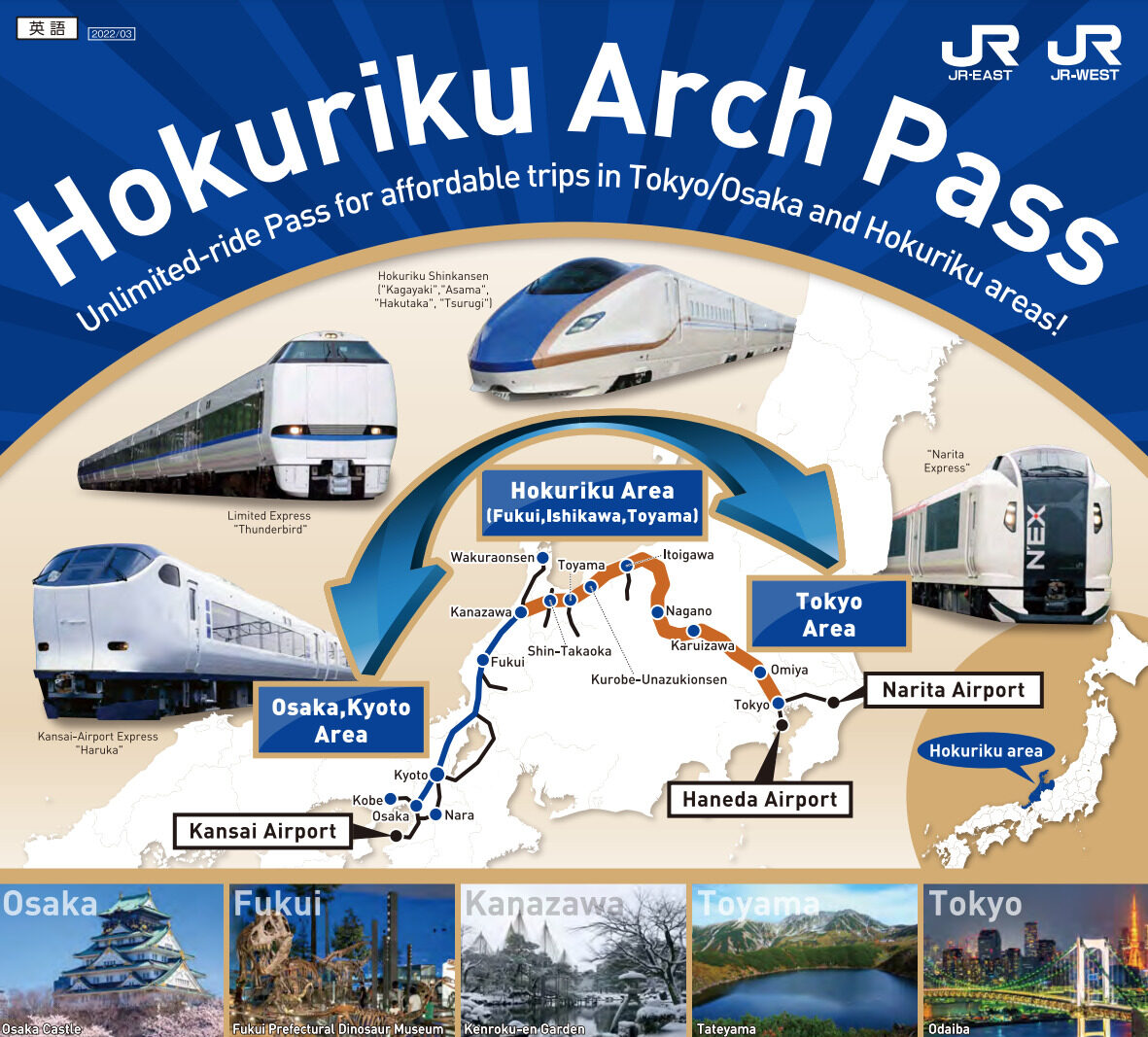
Many international visitors to Japan will follow a route that takes them from Tokyo to Kyoto and Osaka, or in the opposition direction. Bookended with the international airports in Tokyo and Osaka, and serviced by an extensive network of rapid trains including the famous “Shinkansen” bullet train, this is a well-established route that takes visitors through the modern capital, the ancient capital and the thriving metropolis of Osaka and all its fantastic food! On this page you will find the following information:
-- Services Covered by the Pass
-- Eligibility for a Hokuriku Arch Pass
-- Exchanging & Activating Your Pass
-- Should I Buy a Hokuriku Arch Pass?
An increasingly popular way of making this journey is by heading north toward Kanazawa. Known for its historic streetscapes, gardens, museums and amazing seafood market, Kanazawa is becoming an established point on the route from Tokyo to Osaka – with stops including Fukui, Nagano and Karuizawa on either side. For visitors wanting to take that journey, the Hokuriku Arch Pass might be of interest. Covering 7 consecutive days of unlimited use, the pass covers a range of train lines that connect those and other fantastic destinations in Central Japan.
SERVICES COVERED BY THE PASS
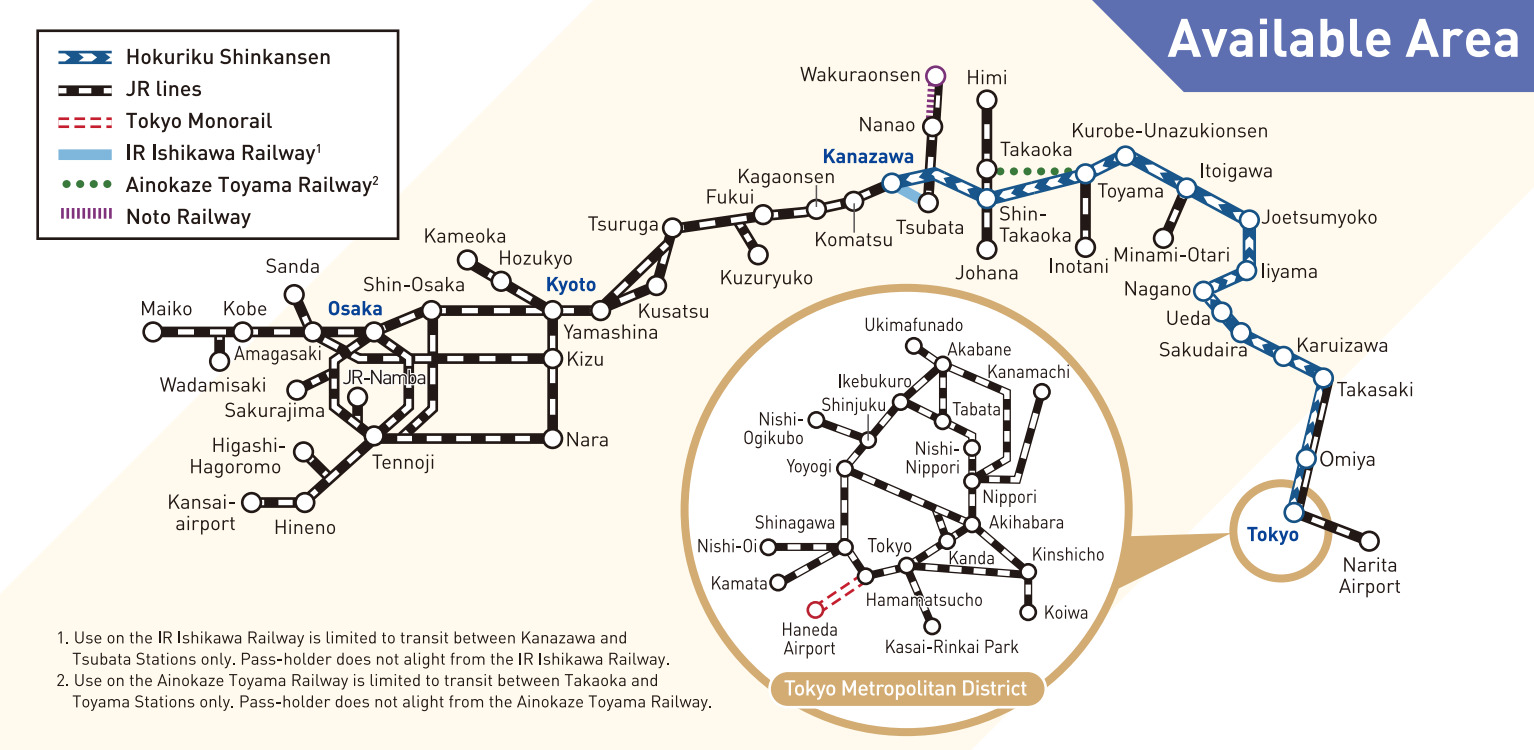
The Hokuriku Arch Pass covers 7 consecutive days of unlimited use on the Hokuriku Shinkansen (from Tokyo to Kanazawa via Nagano), an extensive network of Japan Rail (JR) lines west of Kanazawa and servicing areas including Fukui, Kyoto and Osaka along with a range of regional lines. The following services are covered:
-- HOKURIKU SHINKANSEN: all services from Tokyo to Kanazawa via Nagano
-- TOHOKU / YAMAGATA SHINKANSEN: however it covers Tokyo to Omiya only
-- JOETSU SHINKANSEN: Tokyo to Takasaki only
Along with the following rapid services:
-- NARITA EXPRESS (N'EX): to Narita Airport / TOKYO MONORAIL: to Haneda Airport / KANSAI AIRPORT EXPRESS 'HARUKA': to Kansai Airport / LIMITED EXPRESS THUNDERBIRD: from Osaka to Kanazawa via Kyoto / and additional limited express, express, rapid service and local trains within the defined region.
TYPES OF PASSES & PRICES
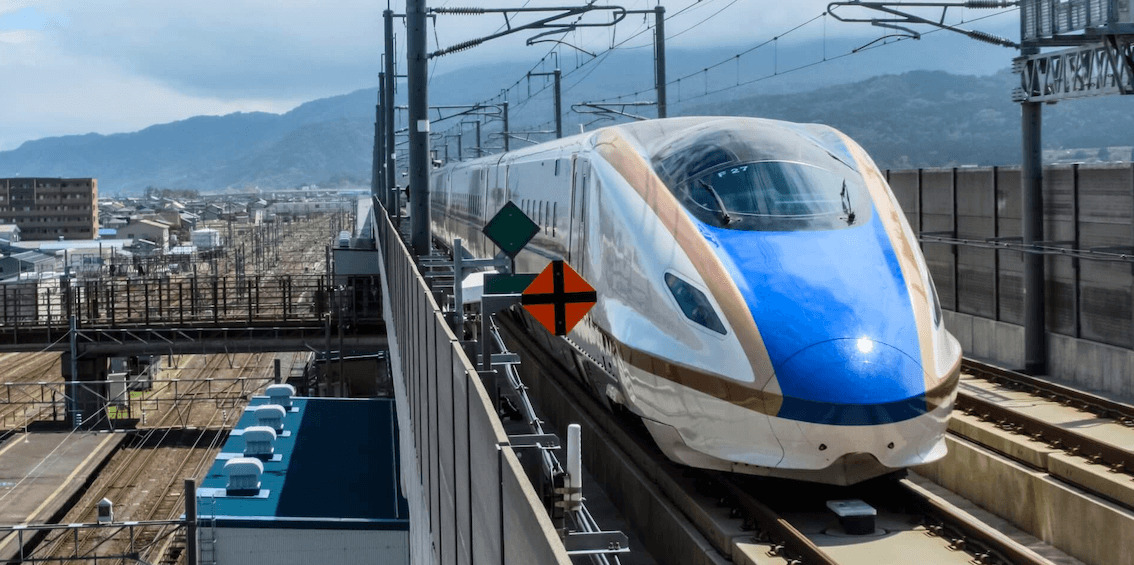

There is only one pass available. Valid for 7-days of consecutive use from the day of first use, the pass offers great value to visitors covering the route from Tokyo to Osaka (or vice-versa) within a week. As the table above shows, passes are cheaper to purchase outside of Japan. Children under the age of 6 are covered under an adult pass. However, please note should you be traveling with 3 or more children aged under 6, additional child passes will be required to cover them.
ELIGIBILITY FOR A HOKURIKU ARCH PASS
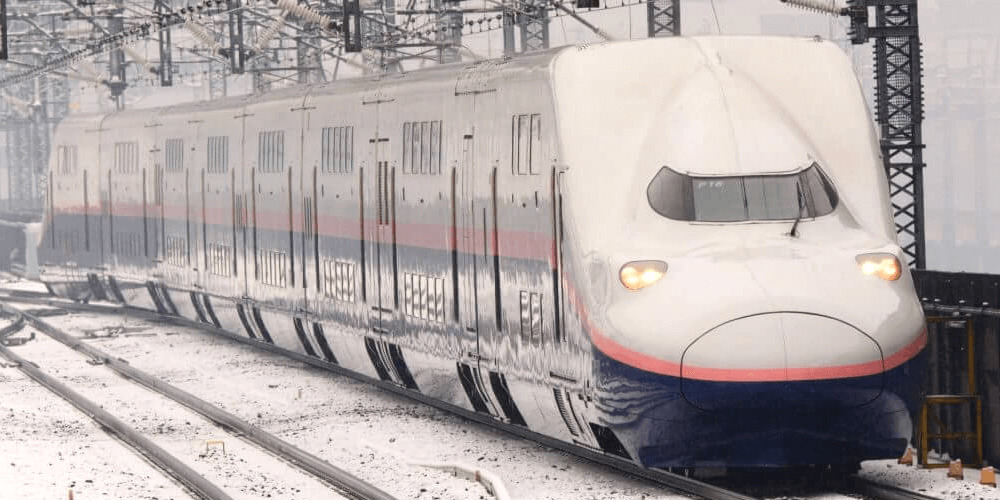

To obtain a pass, you must be travelling on foreign passport and be the holder – or will be the holder – of a temporary visitor visa while you are in Japan. Any other class of visa, including other temporary visas such as students, spouses, trainees, etc. are not eligible for a pass.
PURCHASING A PASS
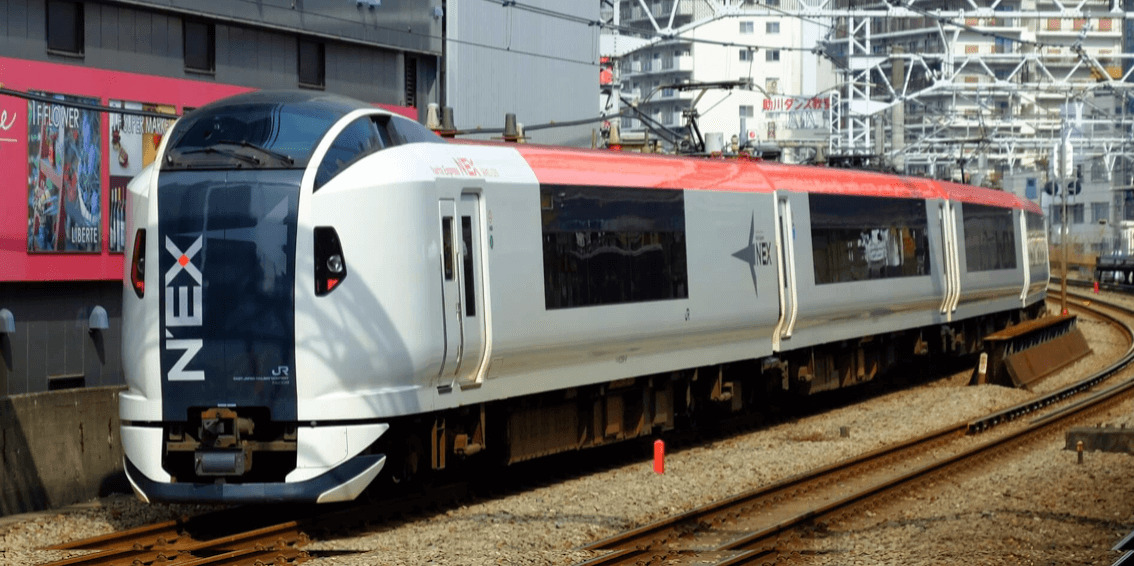
Passes can be purchased via the official website or via a JR-affiliated overseas sales office. Once you have completed the payment, you will receive an exchange order. This is a proof of payment and looks almost like a flight ticket with your personal details, type of pass, and validity (three months from the date of issue). It is important to note that the exchange order is not your actual pass and will need to be exchanged for your pass once in Japan. Whatever you do, do not lose the exchange order and prioritize exchanging it for your pass when you arrive.
EXCHANGING & ACTIVATING YOUR PASS

Prior to using your pass, you must actually get your hands on it by exchanging the order/proof of purchase you received online. This can be done a numerous JR Pass Exchange Offices found at Narita Airport, Haneda Airport and Kansai Airport or major train stations within the region covered by the pass. If you have time to do so before leaving the airport, you can use the pass immediately.
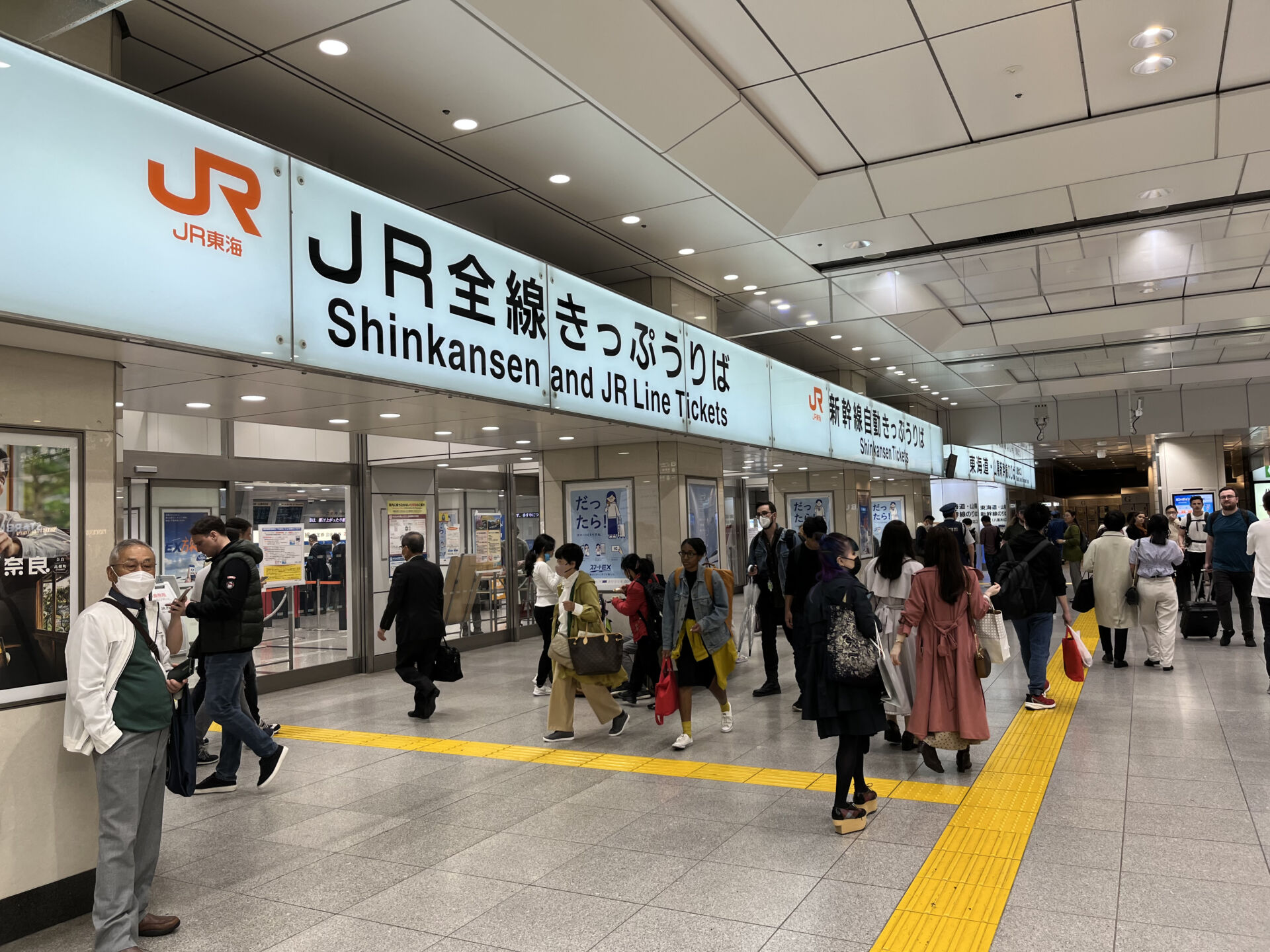
Tokyo Station is another popular place to exchange/obtain your pass at either of these offices:
-- JR East Travel Service Center (Marunouchi North Exit): 07:30 to 20:30
-- JR Central Ticket Office (Yaesu Central) : 07:30 to 20:30
-- JR Central Ticket Office (Yaesu North): 09:00 to 19:00
-- JR East Travel Service Center (JAPAN RAIL CAFE): 08:00 to 16:00
-- JR Tokai Tours Tokyo Office : 10:00 to 18:00
Passes can also be exchanged/activated at Shin-Osaka Station:
-- JR Ticket Office (Midori-no-madoguchi): 05:30 to 23:30
Travelers who have already entered the Hokuriku/Nagano Region can exchange/purchase their pass at numerous JR stations, including the JR Travel Service Center inside Nagano Station, the JR Ticket Office (Midori-no-madoguchi) near the central exit of Kanazawa Station, and at the JR Ticket Office (Midori-no-madoguchi) near the central exit of Toyama Station.
To exchange/activate your pass you will need your exchange order and passport. Make sure you allow adequate time to exchange and activate your pass if you are intending to use it on the same day or do so a day or two before you plan to start using it (you can always nominate a later activation date). Once you have your activated pass you are free to ride. Previously, it was necessary to show your pass to station staff at the manned ticket gate. However, under the new system you do not need to do so; you may put your pass through the automatic ticket gates in the same manner as any other ticket. You may also use your pass to reserve seats at an automatic ticketing machine at some stations.
Passes may also be exchanged at ticket machines which are equipped with a passport reader. This may be done with no human interaction, and in situations where the line at the counter is rather long it may save you time. These machines are available at many major stations in the area covered by the pass. This includes Narita Airport Terminals 1, 2, and 3, Tokyo Station, Shinjuku Station, Shibuya Station, and Nagano Station. However, stations in the Kansai area such as Osaka and Shin-Osaka, as well as stations in the Hokuriku region such as Kanazawa and Toyama are not equipped with passport readers and so it will be necessary to exchange your pass at one of the staffed Ticket Office/Counters listed above. Machines with a passport reader equipped will have a large red or black sticker above that says “JR-East Rail Pass”. If you have found this machine and have your passport ready, you can conveniently exchange your pass automatically.
SHOULD I BUY A HOKURIKU ARCH PASS?
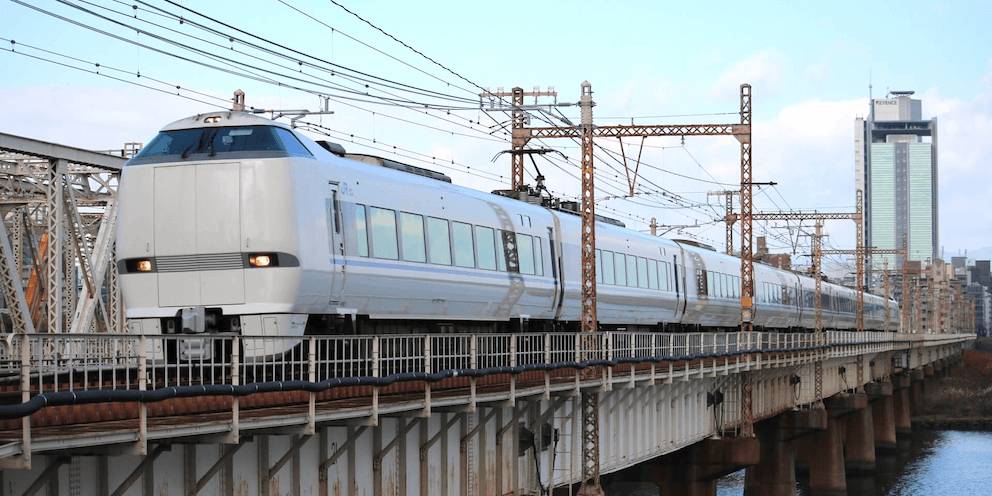
If you’re in Japan for only a short-term stay – i.e. around one week – and mostly travelling in the region between Tokyo and Osaka, then the Hokuriku Arch Pass might work well for you. At JPY30,000, the pass is notably cheaper than the 7-day full JR Pass – which costs JPY50,000. While it doesn’t cover the entire country, the Hokuriku Arch Pass offers great value for money for travelers only moving within Central Japan.
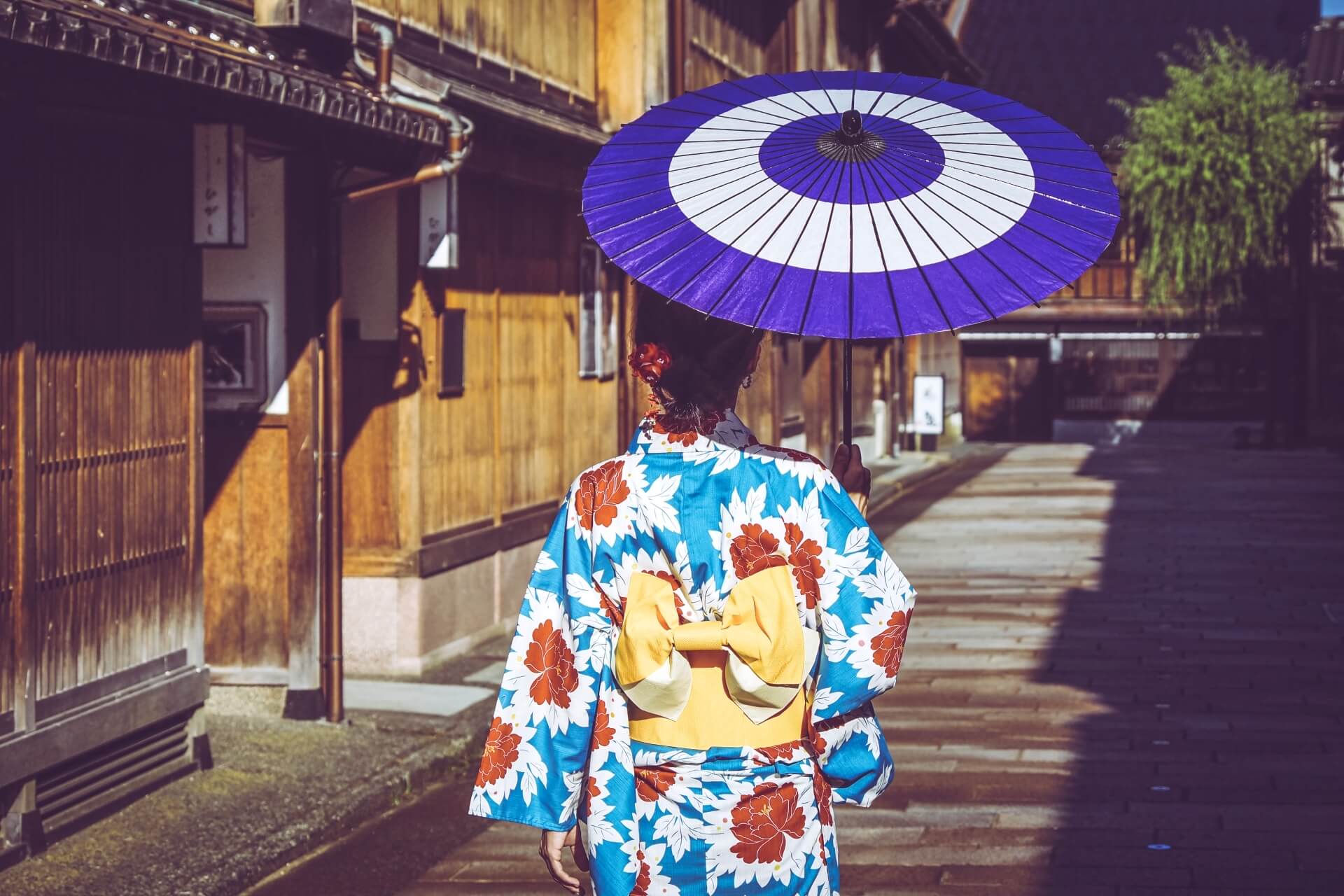
The pass is also only a little more expensive than the JR East Pass for the Nagano/Niigata area – which costs JPY27,000 and covers 5 days consecutive use in Nagano and Niigata, including taking the Shinkansen from Tokyo and trains to and from the airport. While the Nagano/Niigata Pass is a good value and convenient for travelers staying within Nagano and Niigata, it doesn’t cover regions to the west of Kanazawa such as Kyoto and Osaka. If you are making that journey i.e. Tokyo to Osaka or Osaka to Tokyo, then the Hokuriku Arch Pass should be of interest.
PLAN YOUR VISIT TO JAPAN
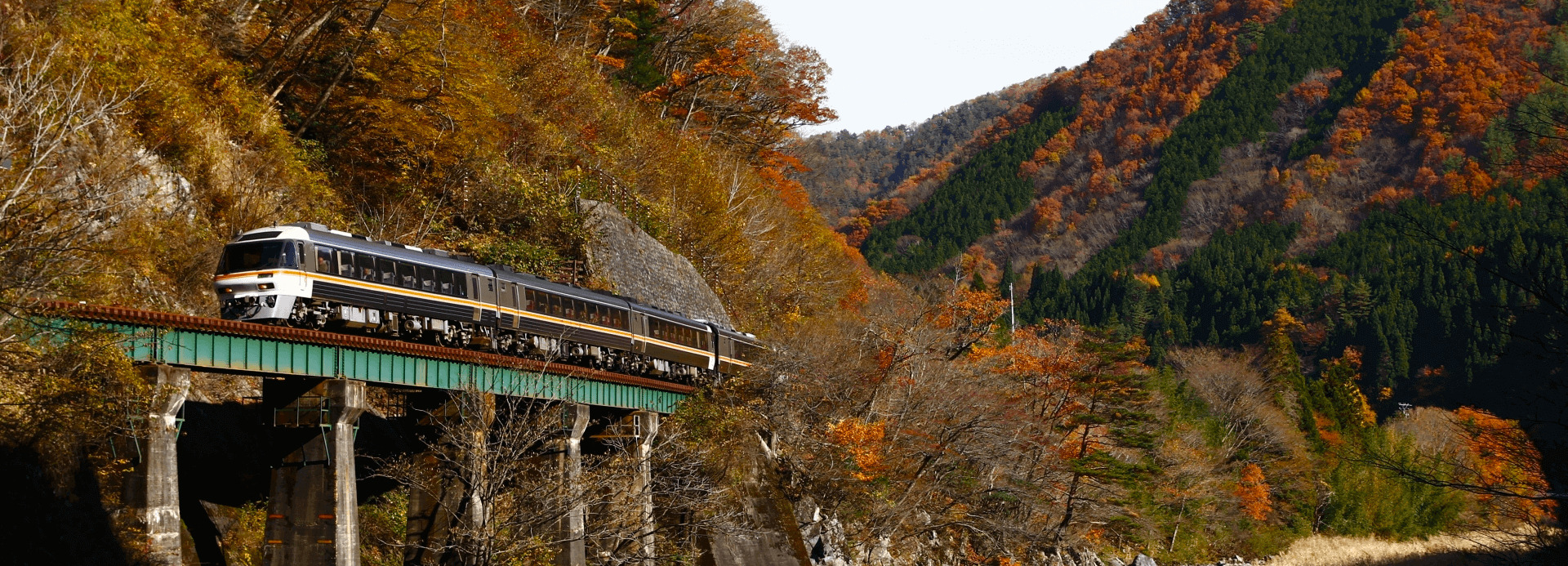
Unfathomable in its size and efficiency, Japan’s fantastic rail network makes moving around the country by train easy and comfortable, opening-up all regions of the country for exploration. Our ‘Plan Your Visit’ page has everything you need to know about visiting Japan – from tips on the best time to travel, times to avoid, entering and exiting the country, money matters, staying connected, accommodation, staying safe and healthy and plenty more to ensure that you get the most out of your time here.



